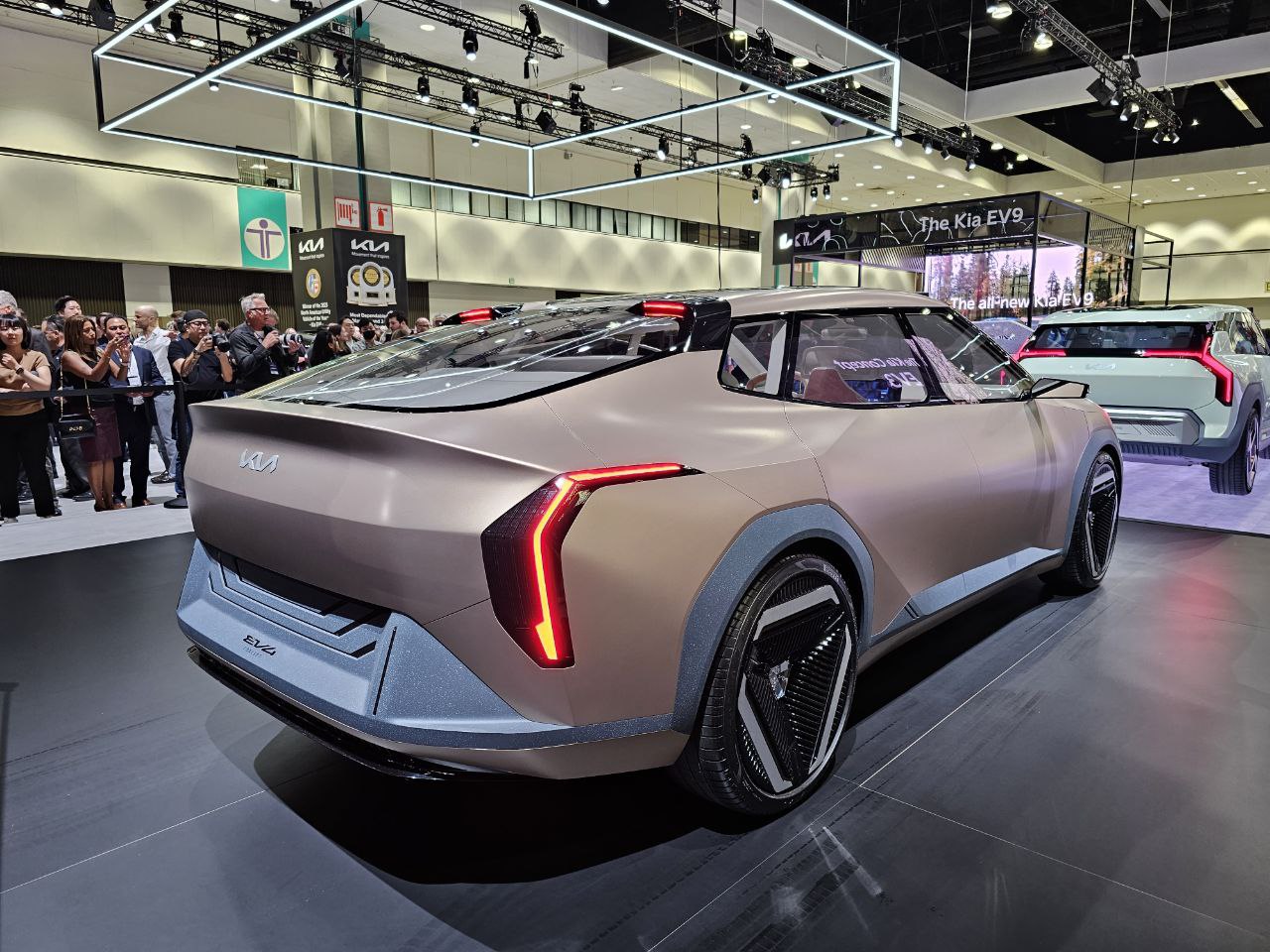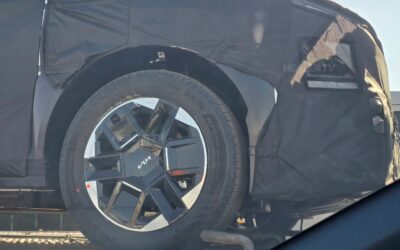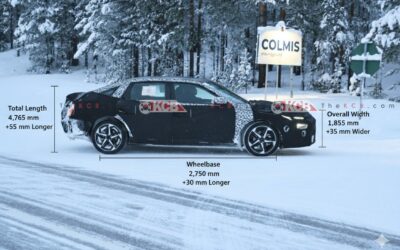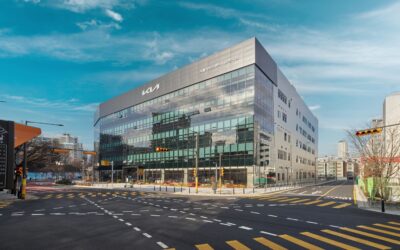Hyundai Motor Group’s smaller affiliate Kia is set to resume operations at its second auto manufacturing plant in Gwangmyeong, Gyeonggi Province. After an eight-month refurbishment, the plant is being prepared for electric vehicle production, a significant step in the company’s EV strategy.
The Transition to Electric Vehicle Production
The plant, which previously produced Pride and Stonic vehicles, has undergone substantial changes. New equipment has been installed to enable the production of electric cars. This shift is a clear indicator of Kia’s commitment to embracing the future of eco-friendly transportation.
Upcoming Electric Vehicle Models from Kia
Once fully operational, the Gwangmyeong plant will play a crucial role in manufacturing new battery-powered cars, including the small-sized sport utility vehicle EV3 and the midsized sedan EV4. With an annual capacity of 150,000 units, these models are set to diversify Kia’s current EV lineup.
Competitive Pricing and Market Strategy
The EV3 and EV4 are expected to be more affordable than Kia’s current models, with prices around 40 million won and 30 million won, respectively. This competitive pricing strategy positions Kia favorably in the global EV market, which is increasingly influenced by price wars and technological advancements.
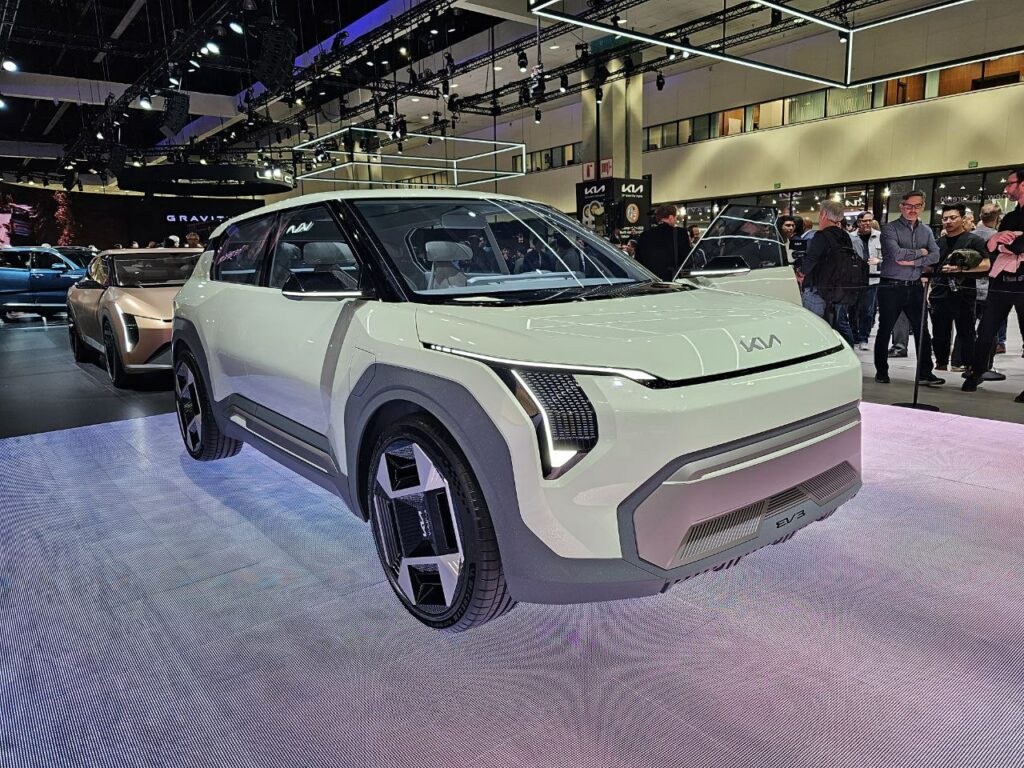
Hyundai Motor Group’s Innovative Manufacturing Technologies
Kia’s Gwangmyeong plant is not just a production facility; it represents Hyundai Motor Group’s innovative approach to manufacturing. The plant will incorporate advanced technologies developed by the Hyundai Motor Group Innovation Center in Singapore, including AI-powered automation and low-carbon manufacturing processes.
Quality Production and Global Market Expansion
A key focus of the plant will be on improving production quality, with an aim of 95 percent of products passing quality tests during manufacturing. This emphasis on quality is part of Kia’s strategy to meet the demands of global markets and strengthen its position in the EV sector.
Kia’s Ambitious EV Sales Targets
In line with Hyundai Motor’s EV transition strategy, Kia has set ambitious sales targets. Aiming to sell 1 million electric cars by 2026 and more than 1.6 million EVs by 2030, Kia is positioning itself as a leader in the electric vehicle revolution.
Future Developments and Purpose-Built Vehicles
Kia is also planning to produce purpose-built vehicles (PBVs) at its plant in Hwaseong, Gyeonggi Province, starting next year. These customized autonomous driving cars, running on EV platforms, indicate Kia’s forward-thinking approach and its commitment to innovation in the automotive sector.
The reopening and repurposing of Kia’s Gwangmyeong plant mark a significant milestone in the company’s journey towards electrification and sustainability. With innovative technologies, competitive pricing, and a focus on quality and global market needs, Kia is well-positioned to make a substantial impact in the evolving world of electric vehicles.

